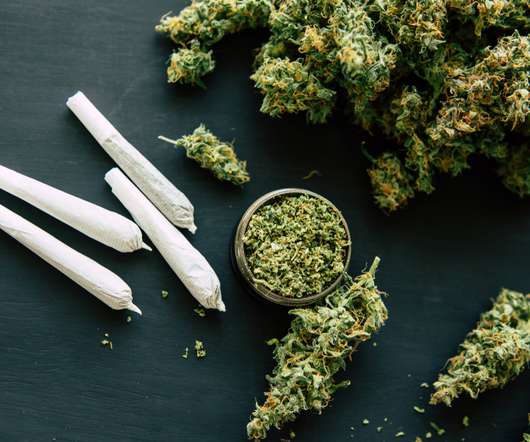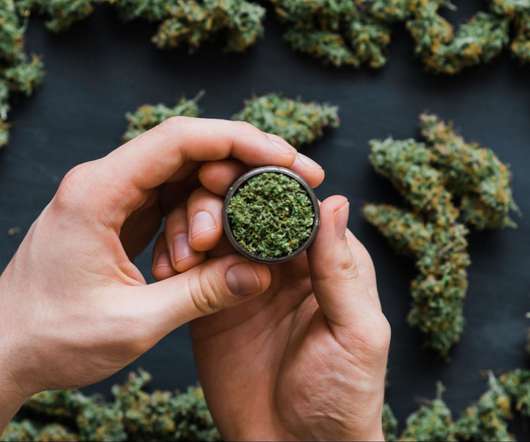AAFP ( American Academy of Family Physicians) Releases Marijuana, Cannabinoids Position Paper
Cannabis Law Report
SEPTEMBER 23, 2019
Marijuana and Cannabinoids: Health, Research and Regulatory Considerations (Position Paper). 1 Simultaneously, the AAFP acknowledges preliminary evidence indicates marijuana and cannabinoids may have potential therapeutic benefits, while also recognizing subsequent negative public health and health outcomes associated with cannabis use.












Let's personalize your content